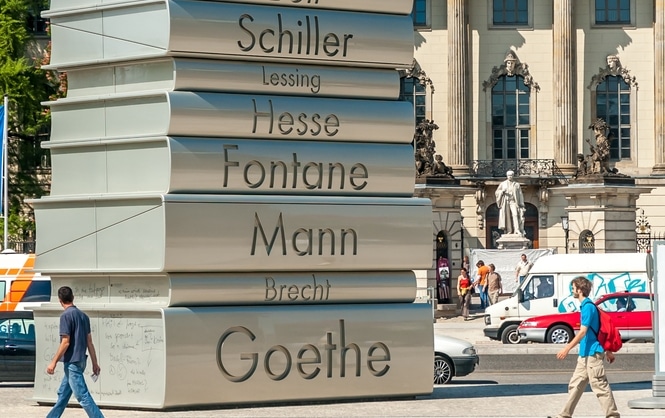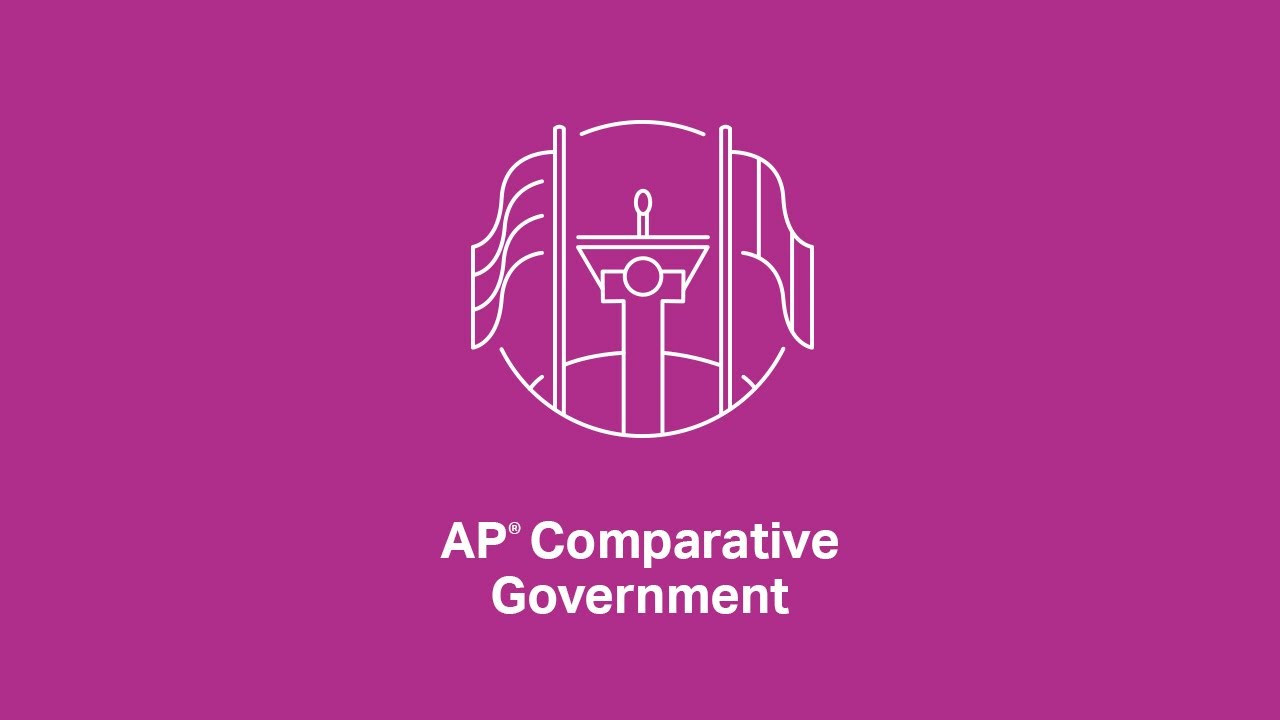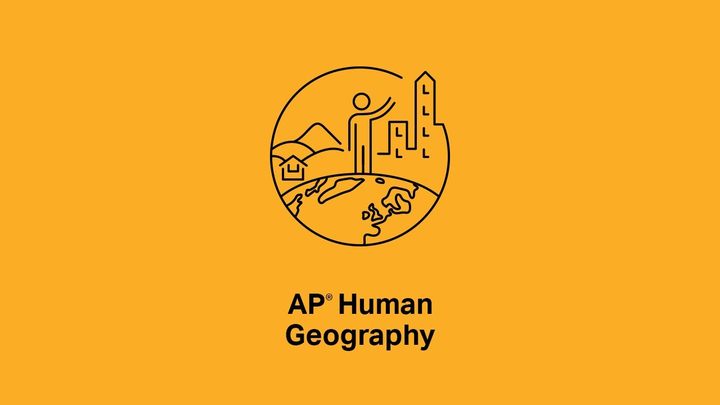The Comprehensive Guide to IB Global Politics
Introduction
Welcome to the comprehensive guide to IB Global Politics! The International Baccalaureate (IB) Global Politics course offers students a unique opportunity to explore the complex world of international relations and global issues. In this guide, we will provide you with a detailed overview of the IB Global Politics course, exam format, key components, and tips to excel in the course and achieve success on the IB exam.
Overview of IB Global Politics
IB Global Politics is an interdisciplinary course that explores political theory, international relations, and global issues. The course aims to develop students' critical thinking, analytical skills, and understanding of global political systems. By examining political concepts, theories, and case studies, students gain insights into the complexities of global politics and their impact on individuals, societies, and nations.
Exam Format
The IB Global Politics exam consists of two main components:
-
Paper 1: Comparative Politics: Students analyze and compare political systems and processes within different countries. They explore key concepts, theories, and case studies to understand the similarities and differences in political structures, ideologies, and policy-making.
-
Paper 2: Global Politics: Students study global political issues and analyze the actors, institutions, and processes that shape the global political landscape. They critically examine case studies and engage with debates on topics such as human rights, global governance, conflict, and sustainability.
Course Components
The IB Global Politics course consists of three interconnected components:
-
Political Theory: Students study political concepts, ideologies, and theories to develop a strong foundation in political thinking. They explore ideas such as democracy, liberalism, socialism, nationalism, and feminism, and analyze how these theories shape political systems and policies.
-
International Relations: Students delve into the study of international relations, examining the interactions between states, non-state actors, and international organizations. They explore theories of international relations, analyze power dynamics, and investigate issues such as diplomacy, globalization, and security.
-
Global Issues: Students engage with global issues that have significant political, economic, social, and environmental implications. They examine topics such as climate change, human rights, migration, poverty, and armed conflict. Through case studies and research, students analyze the complexities and challenges associated with these global issues.
Political Theory
The study of political theory in IB Global Politics offers students a solid grounding in political concepts, ideologies, and theories. Here are some key considerations:
-
Key Concepts: Familiarize yourself with essential political concepts such as power, authority, sovereignty, legitimacy, and citizenship. Understand how these concepts shape political systems and decision-making processes.
-
Ideologies: Explore different political ideologies, including liberalism, conservatism, socialism, nationalism, and feminism. Analyze their origins, key principles, and influence on political ideologies and policies.
-
Critical Analysis: Develop critical thinking skills by analyzing and evaluating political theories. Consider their strengths, weaknesses, and implications for real-world political systems and policies.
International Relations
The study of international relations in IB Global Politics focuses on the dynamics of global politics. Here are some key considerations:
-
Theoretical Frameworks: Familiarize yourself with major theoretical frameworks such as realism, liberalism, constructivism, and feminism. Understand how these frameworks explain and interpret global political phenomena.
-
Power Dynamics: Analyze power dynamics in international relations, including the role of states, non-state actors, and international organizations. Consider the impact of power imbalances on global politics and the challenges they pose.
-
Global Governance: Explore the concept of global governance and the role of international organizations in managing global issues. Examine the effectiveness and limitations of global governance mechanisms in addressing global challenges.
Global Issues
The study of global issues in IB Global Politics allows students to engage with real-world challenges. Here are some key considerations:
-
Case Studies: Analyze case studies of global issues such as climate change, human rights violations, migration, and armed conflict. Investigate the causes, consequences, and potential solutions to these issues.
-
Debates and Perspectives: Engage with debates and different perspectives on global issues. Consider diverse viewpoints and analyze the complexities and ethical dilemmas associated with these issues.
-
Research and Analysis: Conduct research and analysis to deepen your understanding of global issues. Explore reliable sources, gather data, and critically evaluate information to support your arguments.
Preparing for the IB Exam
To excel in the IB Global Politics exam, consider the following strategies:
-
Study the Assessment Criteria: Familiarize yourself with the IB Global Politics assessment criteria provided in the official IB guide. Understand the specific requirements for each component and the qualities that examiners look for in assessing your work.
-
Develop Analytical Skills: Practice analyzing and evaluating political concepts, case studies, and global issues. Enhance your ability to critically analyze sources, identify relevant evidence, and construct well-reasoned arguments.
-
Stay Informed: Keep up-to-date with current global events and developments. Follow reliable news sources, read reputable journals, and engage with scholarly articles to broaden your understanding of global politics.
-
Participate in Discussions: Engage in class discussions and debates to deepen your understanding of different perspectives and develop your ability to articulate and defend your viewpoints.
-
Practice Past Exam Questions: Familiarize yourself with the format and style of the IB Global Politics exam by practicing past exam questions. Time yourself and simulate exam conditions to improve your time management skills.
Tips for Success
Here are some additional tips to succeed in the IB Global Politics course and exam:
-
Read Widely: Read books, articles, and opinion pieces on politics, international relations, and global issues. Explore different viewpoints and develop a nuanced understanding of complex topics.
-
Develop Writing Skills: Practice writing clear, concise, and well-structured essays. Develop your ability to communicate your ideas effectively and support your arguments with evidence and examples.
-
Collaborate and Debate: Engage in group projects, debates, and simulations to enhance your collaborative and communication skills. Learning from your peers and engaging in constructive discussions can deepen your understanding of political concepts and issues.
-
Stay Organized: Keep track of key concepts, case studies, and theories by creating study guides, flashcards, or concept maps. Organize your notes and materials to facilitate revision and review.
-
Seek Guidance: Don't hesitate to seek guidance from your IB Global Politics teacher or classmates. Collaborate with others, ask questions, and participate actively in class to enhance your learning experience.
FAQs
-
Q: How can I improve my critical thinking skills in IB Global Politics? A: Engage in critical reading, analyze multiple perspectives, and practice constructing well-reasoned arguments. Challenge your own assumptions and evaluate the strengths and weaknesses of different theories and arguments.
-
Q: Can I focus on specific regions or countries in my study of comparative politics? A: Yes, you can choose to focus on specific regions or countries to deepen your understanding of comparative politics. Analyzing different political systems and processes within a specific context can provide valuable insights.
-
Q: Are there any recommended resources for studying IB Global Politics? A: The official IB Global Politics guide is an excellent resource. Additionally, consult reputable textbooks, academic journals, and online resources that cover political theory, international relations, and global issues.
-
Q: Can I use real-world examples in my exam answers? A: Yes, using real-world examples can enhance the quality and depth of your analysis. Drawing on current events, historical examples, and case studies can demonstrate your understanding and application of concepts.
-
Q: How can I manage my time effectively during the IB Global Politics exam? A: Practice time management by allocating specific time frames for each section of the exam. Be mindful of the allotted time for each question and pace yourself accordingly.
Conclusion
The IB Global Politics course offers a comprehensive exploration of political theory, international relations, and global issues. By developing your analytical skills, engaging with diverse perspectives, and staying informed about current global events, you can excel in the course and achieve success on the IB exam. Remember to practice critical thinking, refine your writing skills, and seek guidance when needed. Good luck on your IB Global Politics journey!

 By
By


